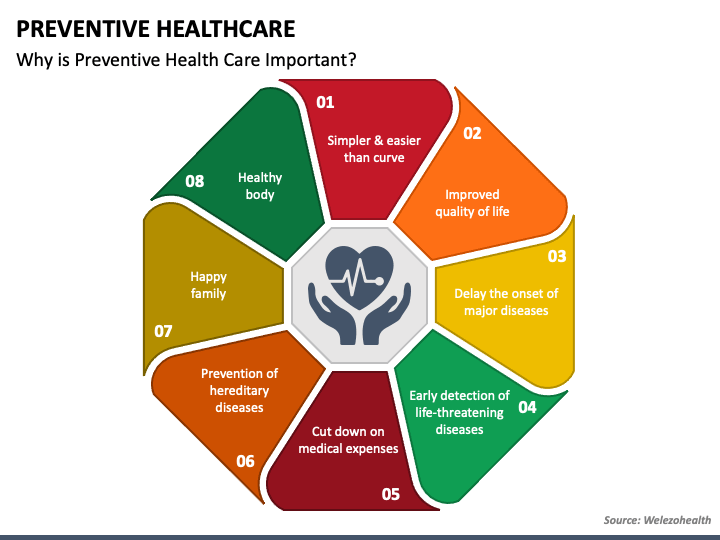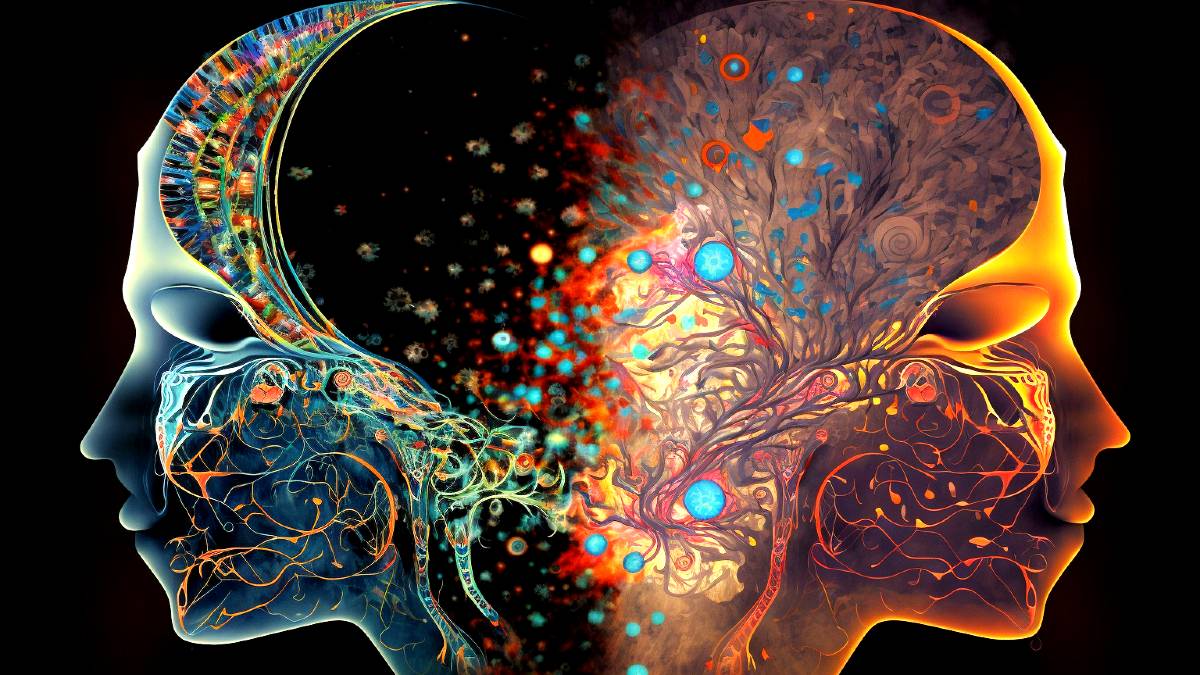Unlock Better Sleep: Understanding Cycles & Hygiene

Unlocking the Secrets to Restful Sleep: A Deep Dive into Sleep Cycles and Hygiene
We all know sleep is important. But how much do we *really* understand about what happens when we sleep, and how we can optimize those precious hours for maximum restoration? For many, sleep is simply a period of unconsciousness, a necessary downtime. However, sleep is a remarkably active process, governed by intricate cycles and profoundly impacted by our daily habits. This post will delve into the fascinating world of sleep cycles and explore practical sleep hygiene techniques to help you achieve the restful, rejuvenating sleep you deserve.
The Four Stages of Sleep: A Nightly Journey
Sleep isn’t a uniform state. Instead, it progresses through distinct stages, repeating in cycles throughout the night. These cycles, lasting approximately 90-120 minutes each, are crucial for different aspects of physical and mental restoration. Let’s break down the four stages:
Stage 1: Light Sleep – This is the transition phase between wakefulness and sleep. It’s a brief period where you’re easily awakened. Brain waves begin to slow down, and muscle activity decreases. You might experience hypnic jerks – those sudden, startling sensations of falling – during this stage. It typically lasts only a few minutes.
Stage 2: Deeper Light Sleep – You spend about half of your total sleep time in Stage 2. Brain waves continue to slow, punctuated by bursts of activity called sleep spindles and K-complexes. These are thought to play a role in memory consolidation and processing. Heart rate and body temperature also begin to drop.
Stage 3 & 4: Deep Sleep (Slow-Wave Sleep) – Often referred to collectively as deep sleep, these stages are the most restorative. Brain waves are very slow (delta waves), and it’s difficult to be awakened. This is when your body repairs tissues, builds bone and muscle, and strengthens the immune system. Growth hormone is released during this stage. Deep sleep is most prominent in the first half of the night.

REM Sleep (Rapid Eye Movement) – This is the stage most associated with dreaming. Brain activity increases, resembling wakefulness, and your eyes move rapidly under your eyelids. Your breathing becomes faster and irregular, and your heart rate and blood pressure rise. REM sleep is vital for cognitive functions like learning, memory, and emotional processing. It becomes more prevalent in the later part of the night.
Why Understanding Sleep Cycles Matters
Knowing about these stages isn’t just interesting trivia. It helps explain why the *amount* of sleep isn’t the only factor. If you consistently interrupt your sleep cycles – for example, by hitting snooze repeatedly or waking up at inconsistent times – you may not be allowing yourself to complete these crucial stages, leading to feelings of fatigue even after spending enough time in bed.
For instance, being abruptly awakened during deep sleep can leave you feeling groggy and disoriented (sleep inertia). Similarly, depriving yourself of REM sleep can impair cognitive function and emotional regulation.
Sleep Hygiene: Cultivating a Sleep-Friendly Environment and Routine
Now that we understand the *what* of sleep, let’s focus on the *how* – how to improve your sleep hygiene. Sleep hygiene refers to the habits and practices that promote consistent, restful sleep. Here’s a comprehensive guide:
Bedroom Environment
Darkness: Make your bedroom as dark as possible. Even small amounts of light can interfere with melatonin production, a hormone that regulates sleep. Use blackout curtains, an eye mask, or remove any glowing electronics.
Quiet: Minimize noise. If you live in a noisy environment, consider using earplugs, a white noise machine, or a fan to mask disruptive sounds.
Cool Temperature: A slightly cool bedroom temperature (around 65-68°F or 18-20°C) is ideal for sleep. Your body temperature naturally drops during sleep, and a cool environment facilitates this process.
Comfortable Bedding: Invest in a comfortable mattress, pillows, and bedding. Ensure your bedding is breathable and appropriate for the season.
Daily Habits
Consistent Sleep Schedule: Go to bed and wake up around the same time every day, even on weekends, to regulate your body’s natural sleep-wake cycle (circadian rhythm). This is arguably the most important aspect of sleep hygiene.
Limit Caffeine and Alcohol: Avoid caffeine and alcohol, especially in the hours leading up to bedtime. Caffeine is a stimulant, and alcohol, while initially sedating, can disrupt sleep later in the night.
Regular Exercise: Regular physical activity can improve sleep quality, but avoid intense exercise close to bedtime.
Diet: Avoid large meals close to bedtime. A light snack is okay, but heavy meals can interfere with sleep.
Sunlight Exposure: Get exposure to natural sunlight, especially in the morning. This helps regulate your circadian rhythm.
Pre-Bedtime Routine
Relaxation Techniques: Practice relaxation techniques such as deep breathing exercises, meditation, or yoga to calm your mind and body before bed.
Digital Detox: Avoid screens (phones, tablets, computers, TVs) for at least an hour before bedtime. The blue light emitted from these devices can suppress melatonin production.
Warm Bath or Shower: A warm bath or shower can help relax your muscles and prepare you for sleep.
Reading: Reading a physical book (not on a screen) can be a relaxing way to wind down.
When to Seek Professional Help
If you’ve implemented these sleep hygiene strategies and are still struggling with sleep, it’s important to consult a healthcare professional. You may have an underlying sleep disorder, such as insomnia, sleep apnea, or restless legs syndrome, that requires medical attention. Don’t suffer in silence – quality sleep is essential for your overall health and well-being.
Remember: Improving your sleep is a journey, not a destination. Be patient with yourself, experiment with different techniques, and find what works best for you. Prioritizing sleep is an investment in your physical and mental health that will pay dividends for years to come.



